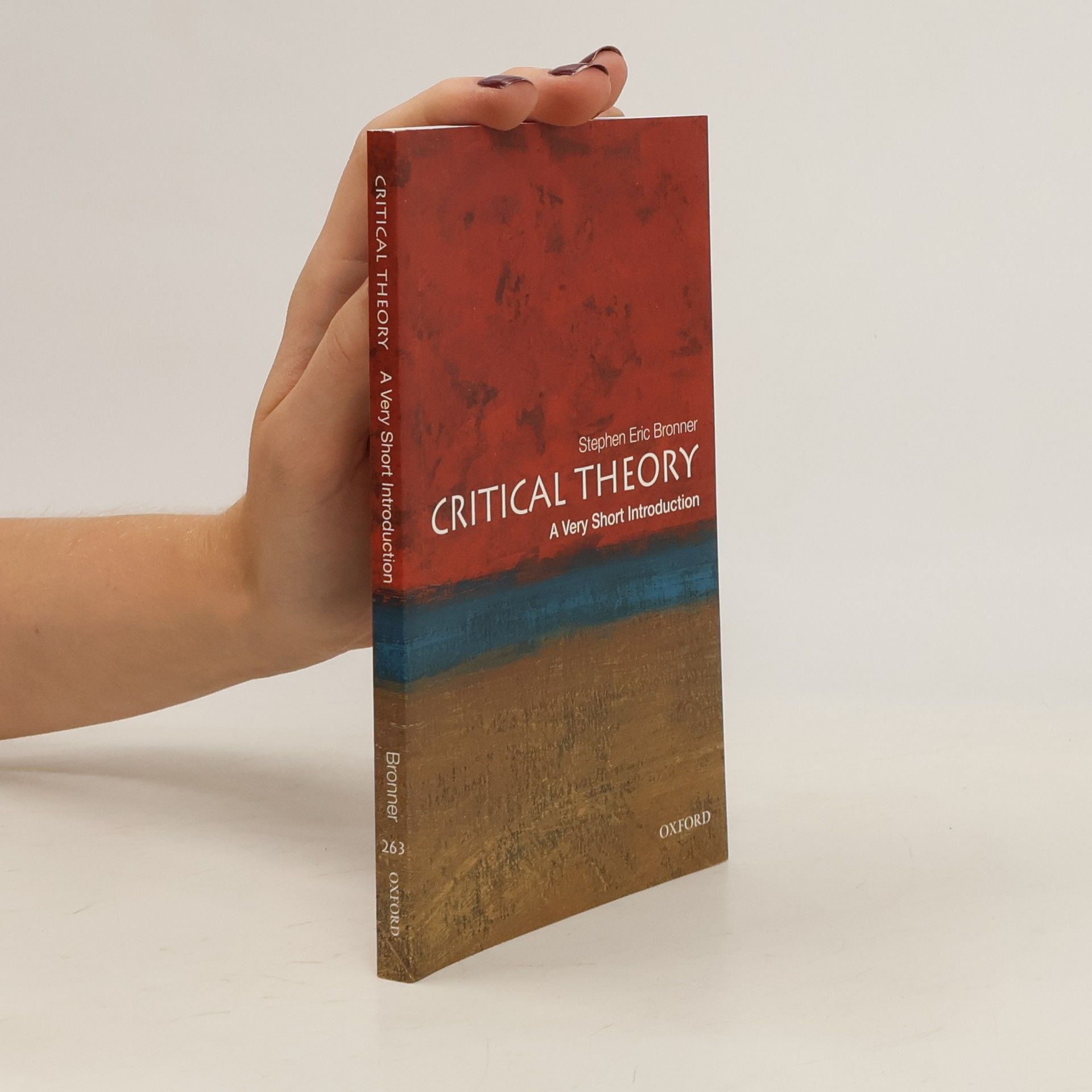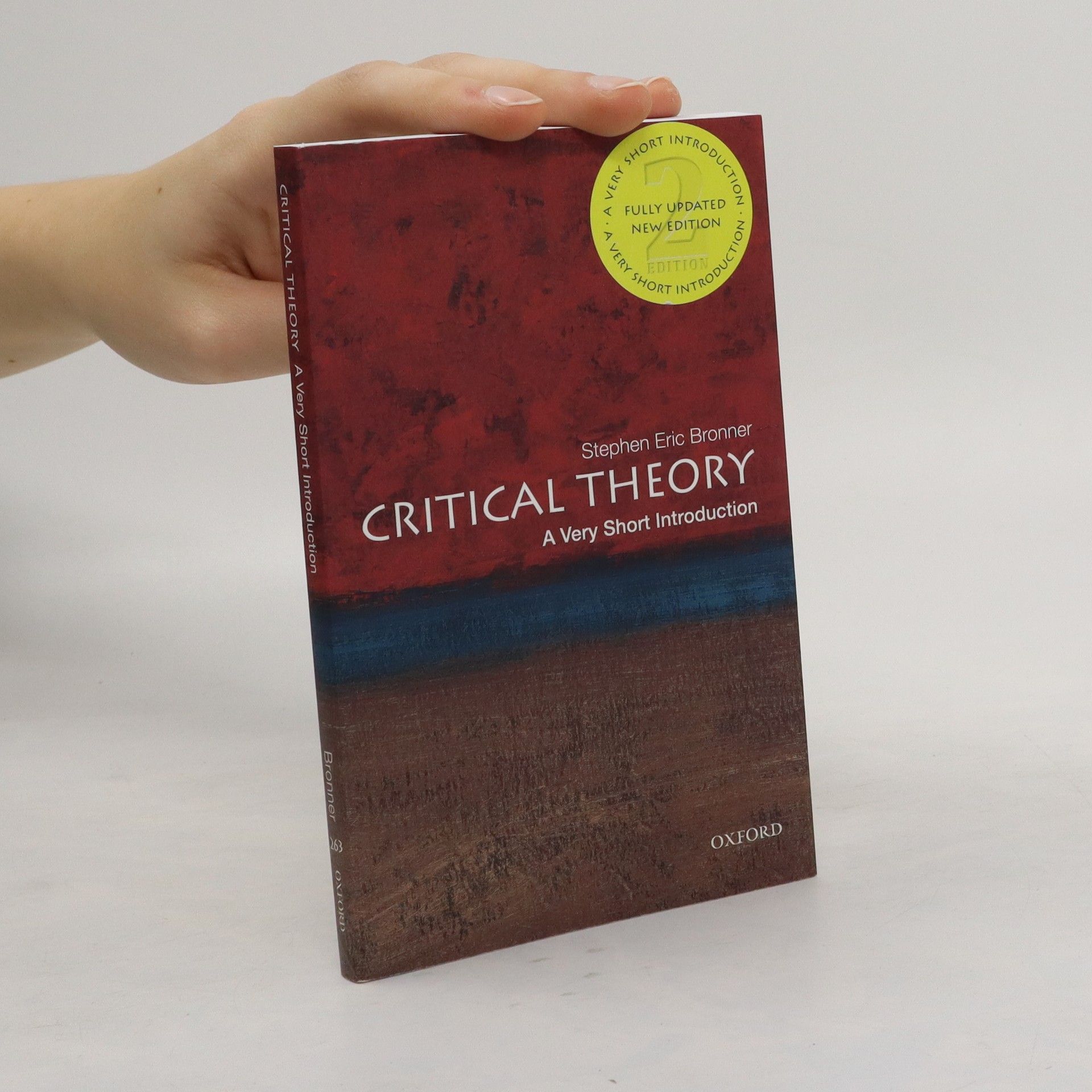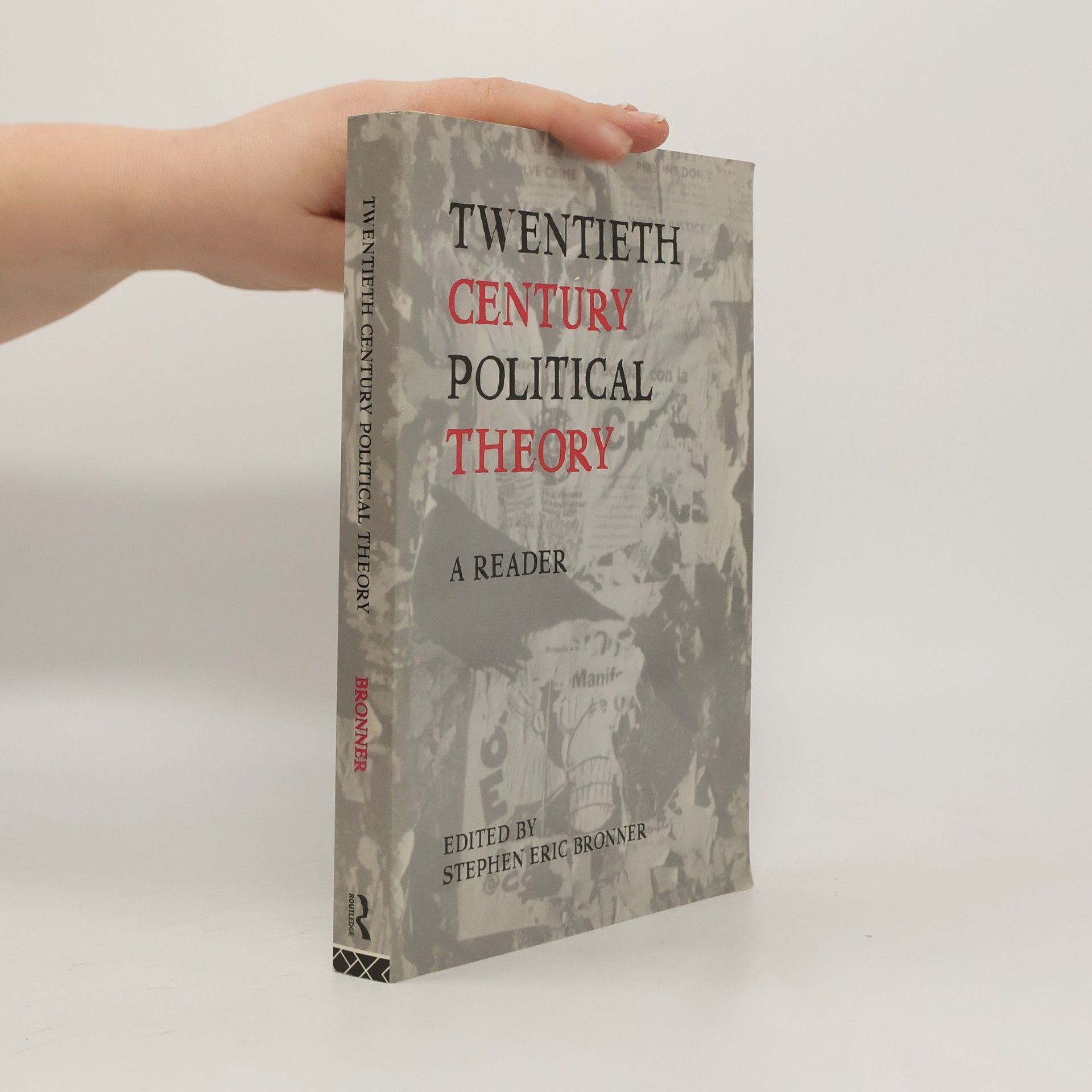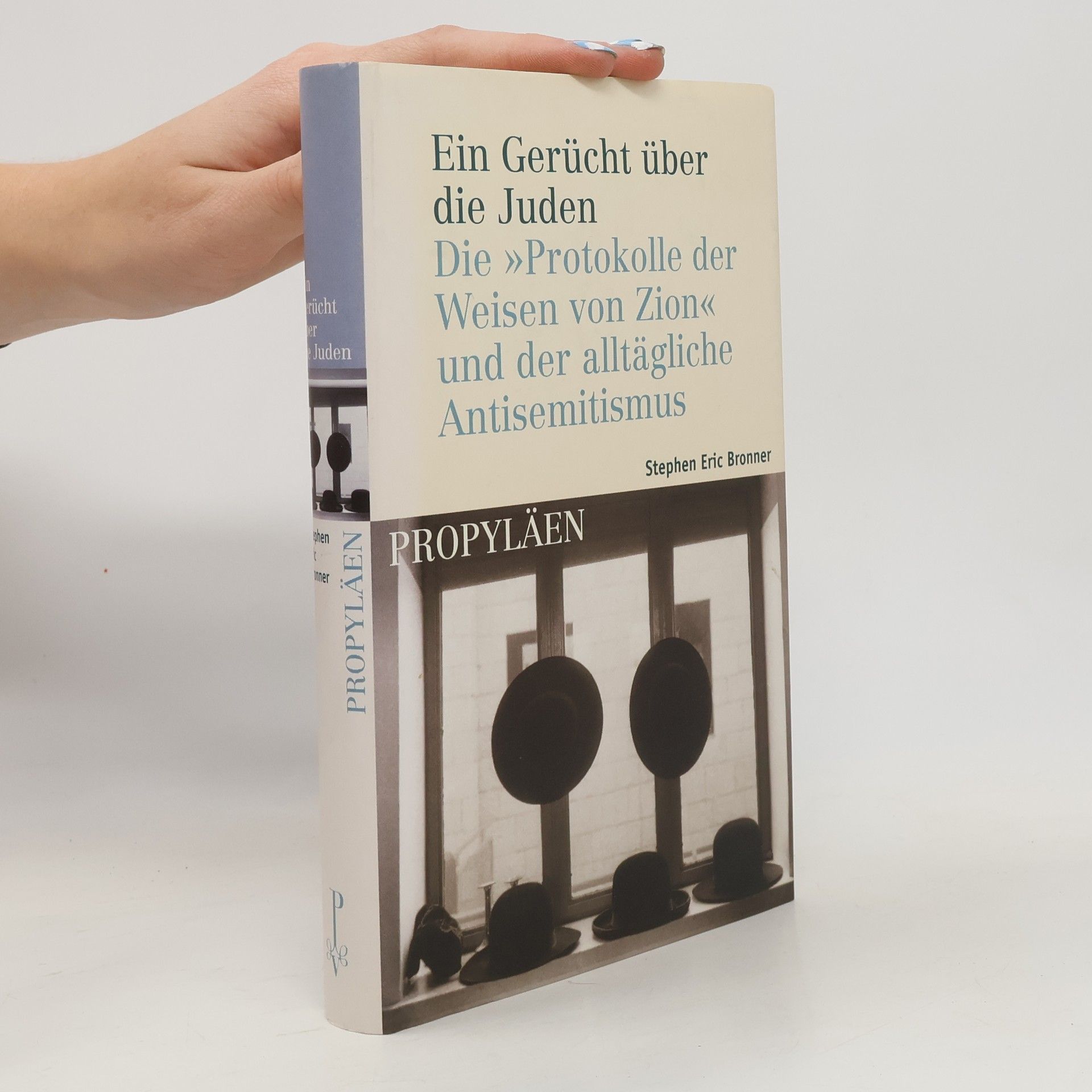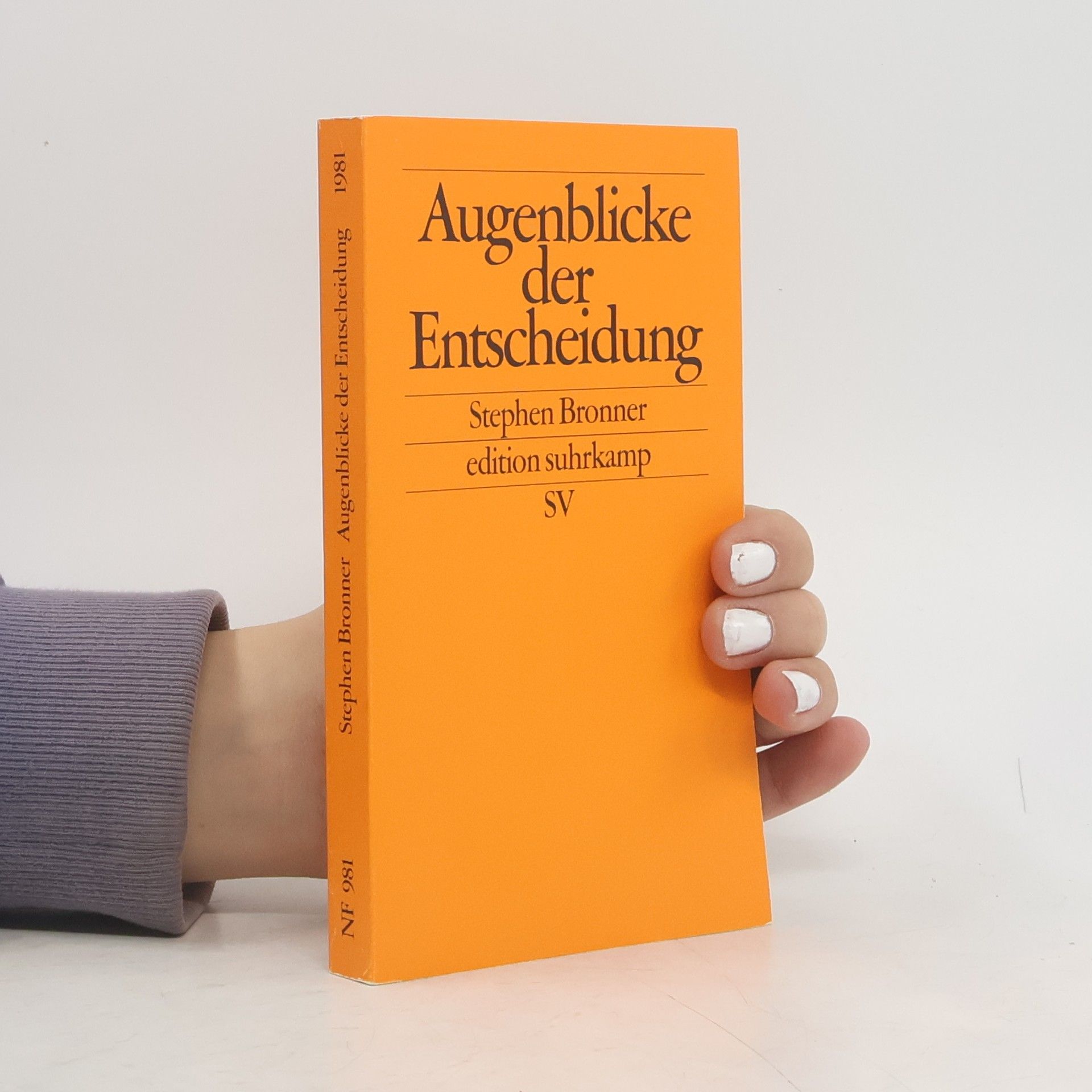Existentialism, Authenticity, Solidarity
- 122 Seiten
- 5 Lesestunden
Exploring the concept of "authenticity," this thought-provoking study delves into how individuals define themselves and their interactions within social and political contexts. It raises critical questions about what constitutes genuine identity and the implications for radical political engagement, challenging readers to consider the nuances of authenticity in their lives and communities.
